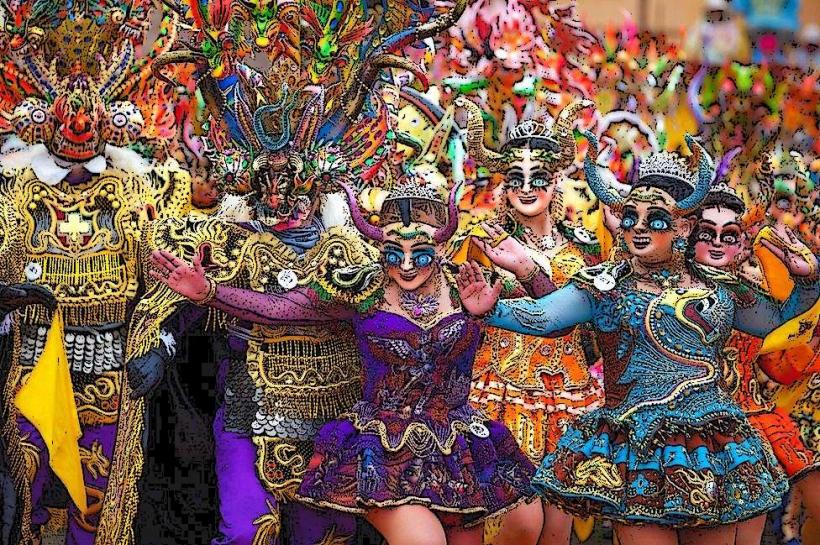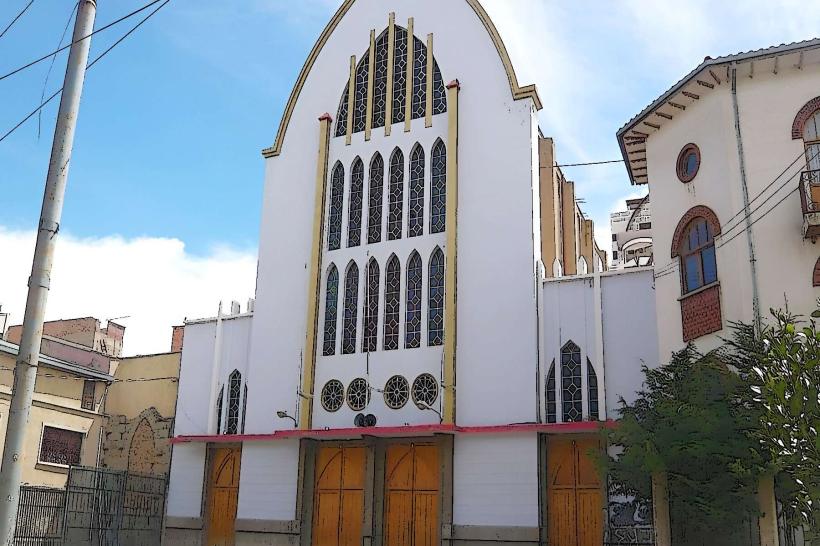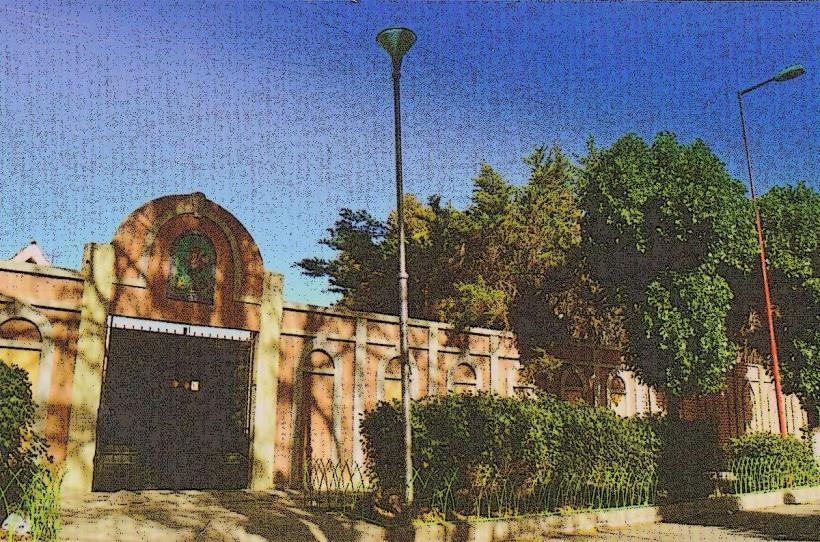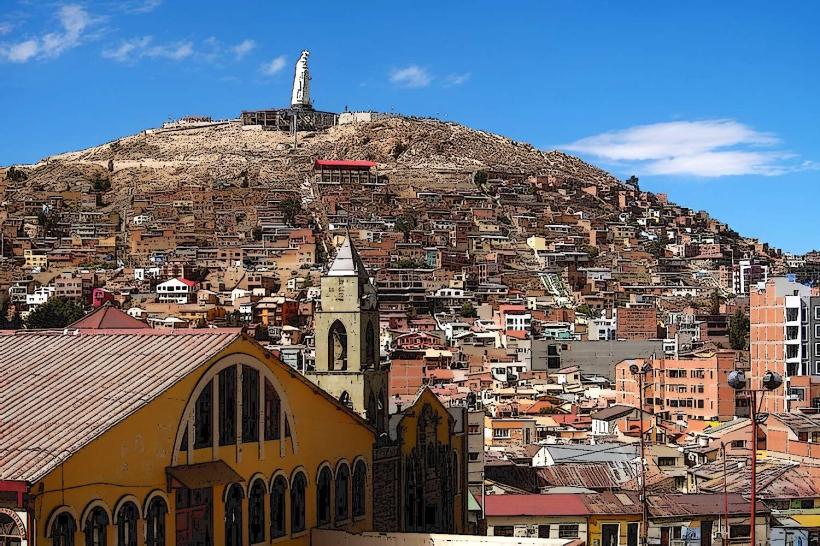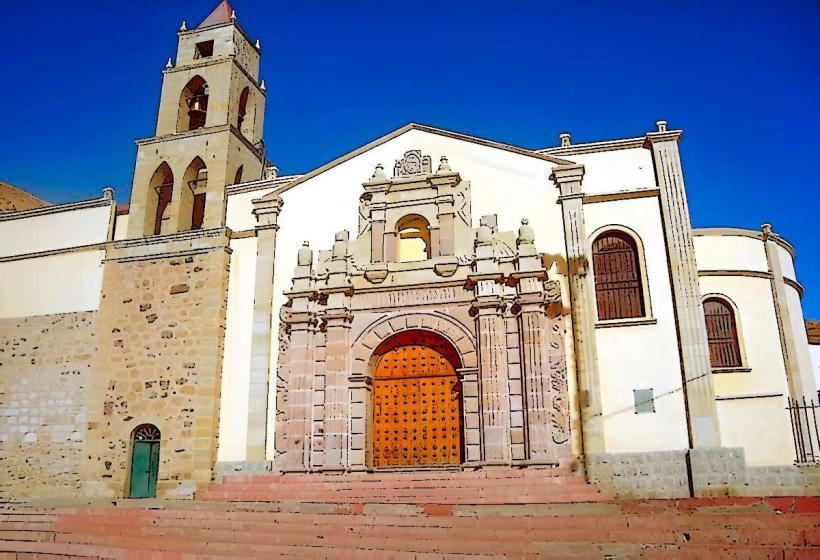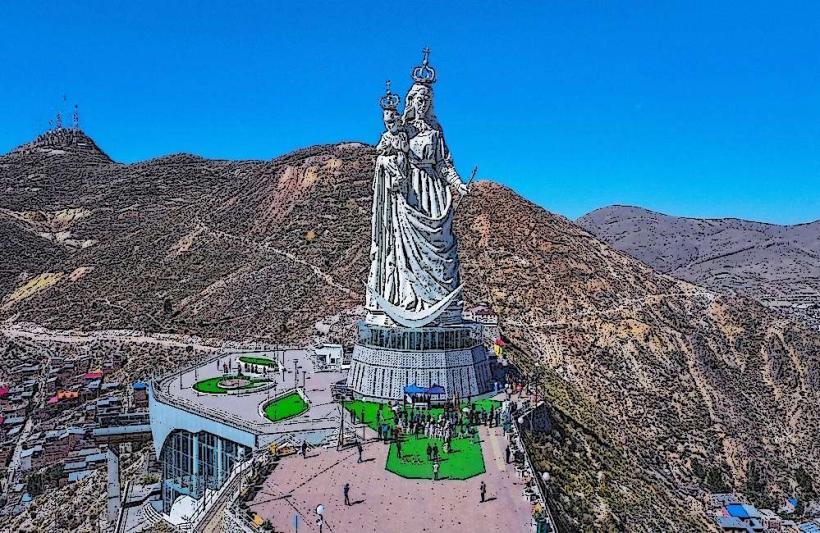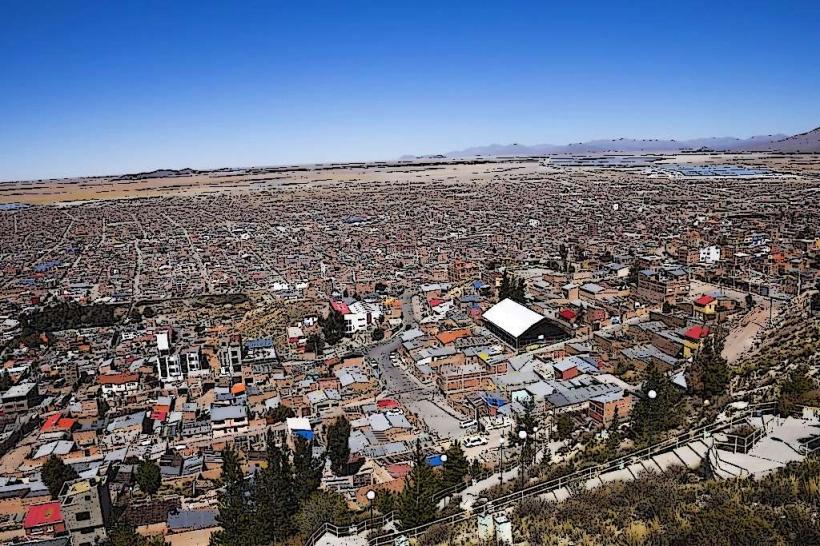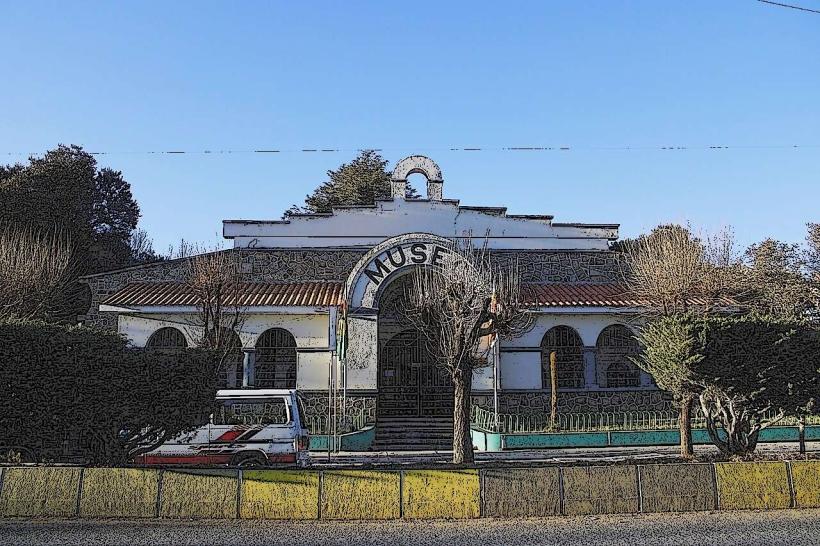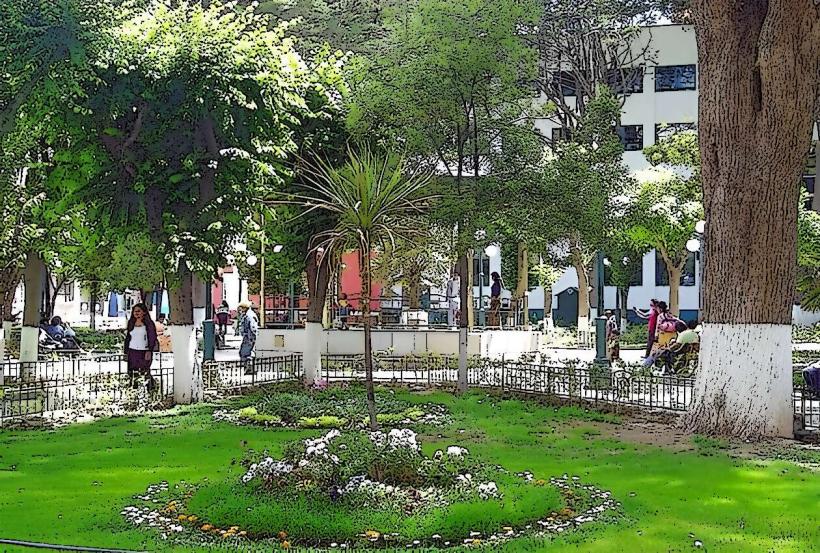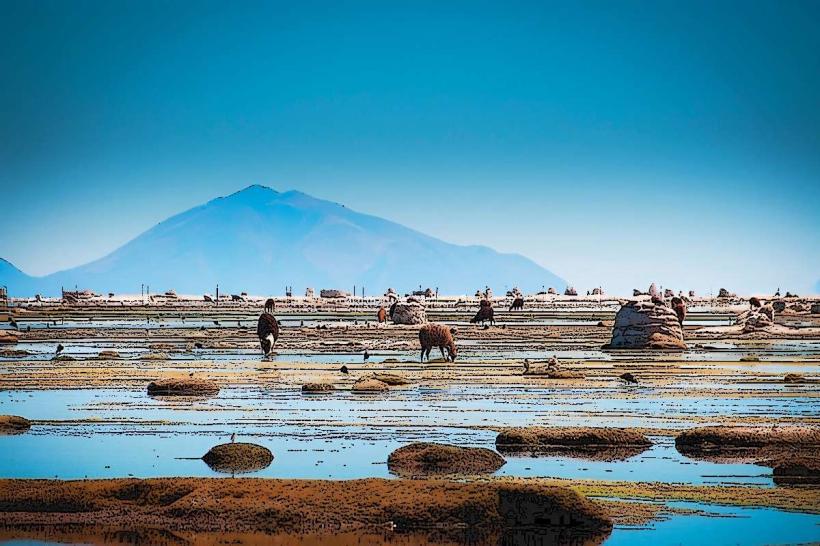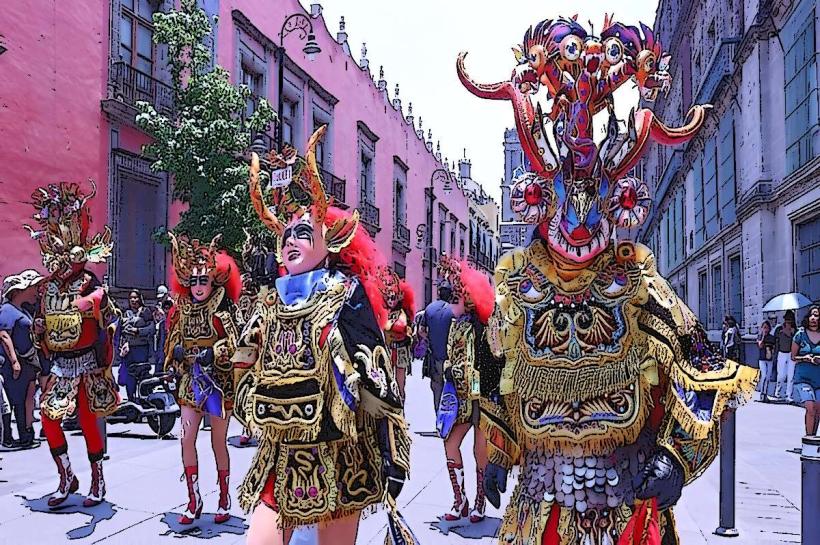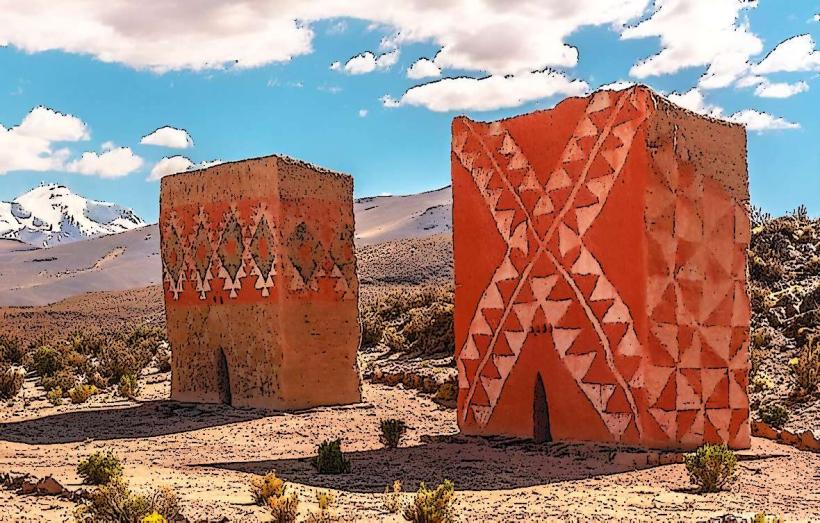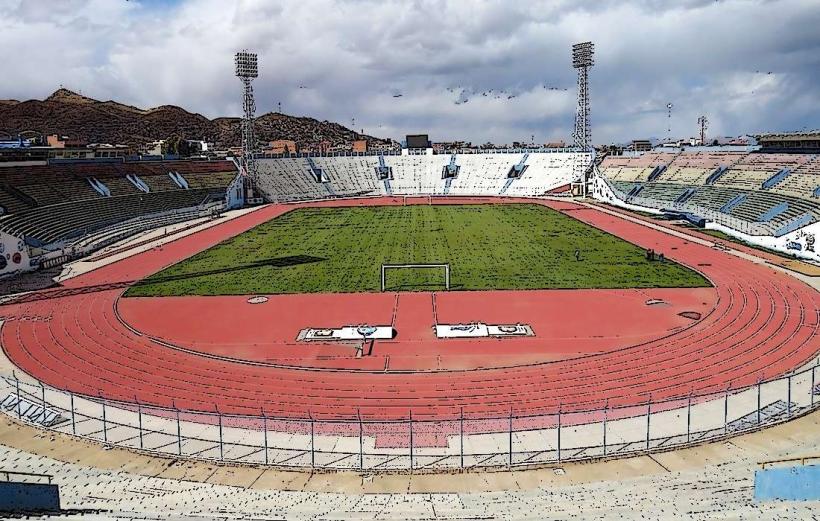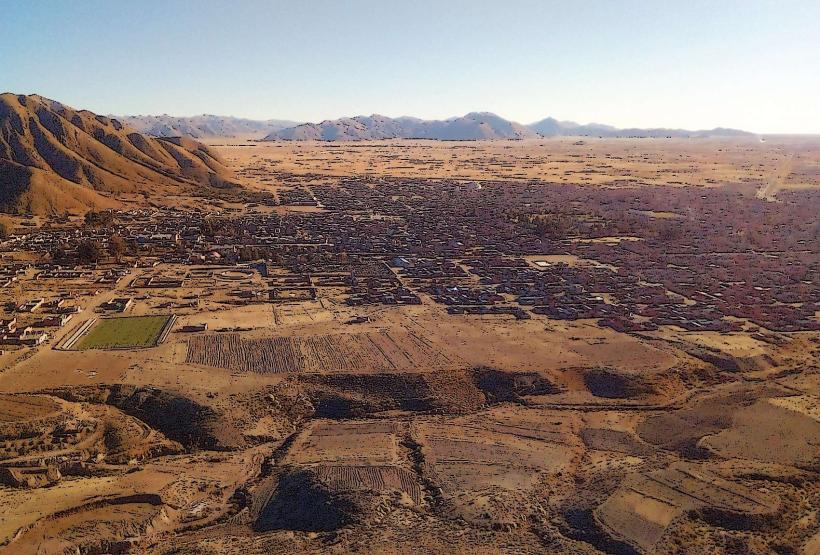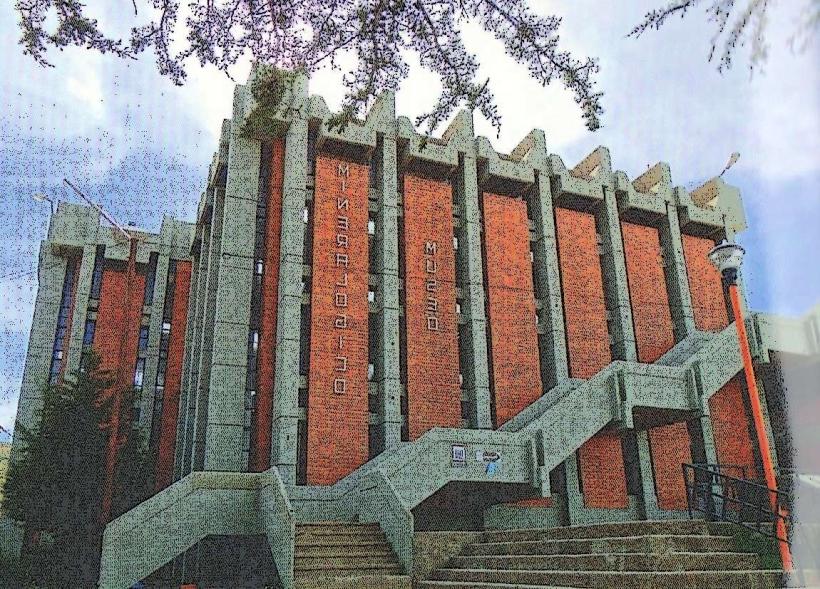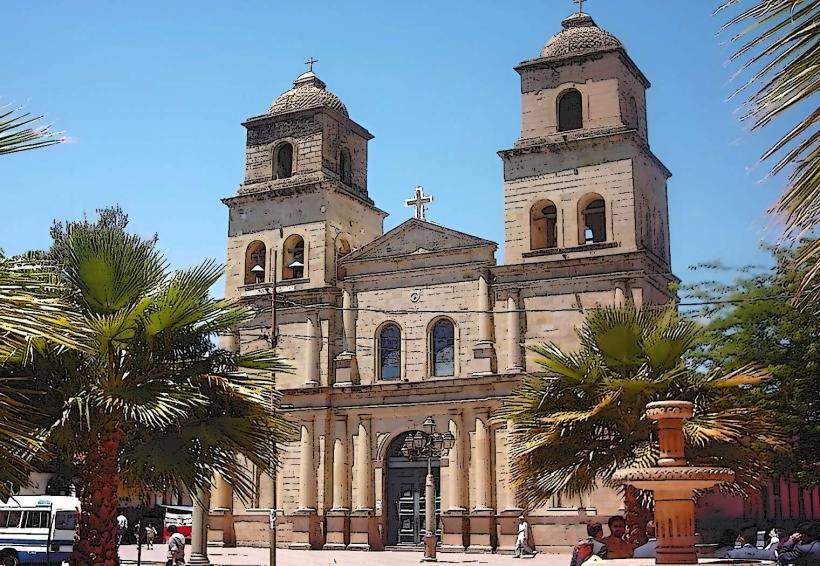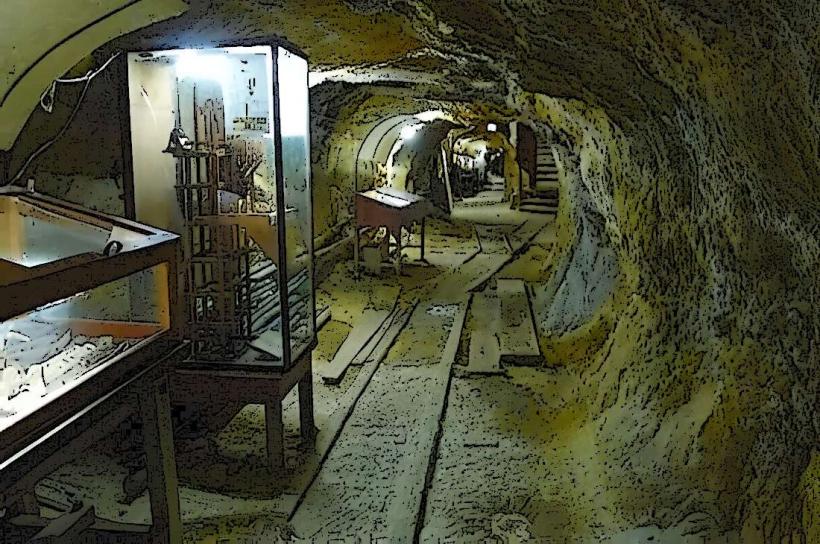Information
Landmark: Plaza 10 de FebreroCity: Oruro
Country: Bolivia
Continent: South America
Plaza 10 de Febrero, Oruro, Bolivia, South America
El Cuco Beach is a coastal stretch located in the municipality of San Miguel, El Salvador.
Visual Characteristics
The beach features dark volcanic sand. The water is typically a deep blue, with moderate wave action suitable for surfing. The shoreline is lined with coconut palm trees.
Location & Access Logistics
El Cuco Beach is situated approximately 160 kilometers east of San Salvador. Access is via Carretera Litoral (CA-2). From the city of San Miguel, take the CA-2 eastbound for approximately 40 kilometers. Parking is available along the main road and in designated lots near restaurants. Public bus routes, such as the 301, travel directly to El Cuco from San Miguel and San Salvador.
Historical & Ecological Origin
The beach is a product of volcanic activity, with its dark sand originating from eroded basaltic rock. It is part of the Pacific coastline of Central America, an area characterized by its marine ecosystems and geological formations.
Key Highlights & Activities
Surfing is a primary activity due to consistent wave patterns. Swimming is possible, though caution is advised due to currents. Beachfront restaurants offer local seafood. Walking along the shoreline is a common activity.
Infrastructure & Amenities
Restrooms are available at most beachfront establishments. Shade is provided by natural palm trees and the structures of restaurants. Cell phone signal (3G/4G) is generally available. Food vendors and restaurants are present along the beach.
Best Time to Visit
The best time for surfing is typically from November to April, during the dry season, when swells are more consistent. Mid-morning offers good lighting for photography before the sun reaches its zenith. The water temperature is generally warm year-round.
Facts & Legends
Local lore suggests that the beach was a favored spot for pirates to anchor and resupply during colonial times, though verifiable historical records are scarce.
Nearby Landmarks
- Playa Las Tunas (1.5km West)
- Bahía de Jiquilisco (10km Southwest)
- Parque Nacional El Imposible (approximately 60km West)
- Laguna de Olomega (approximately 35km Northwest)

